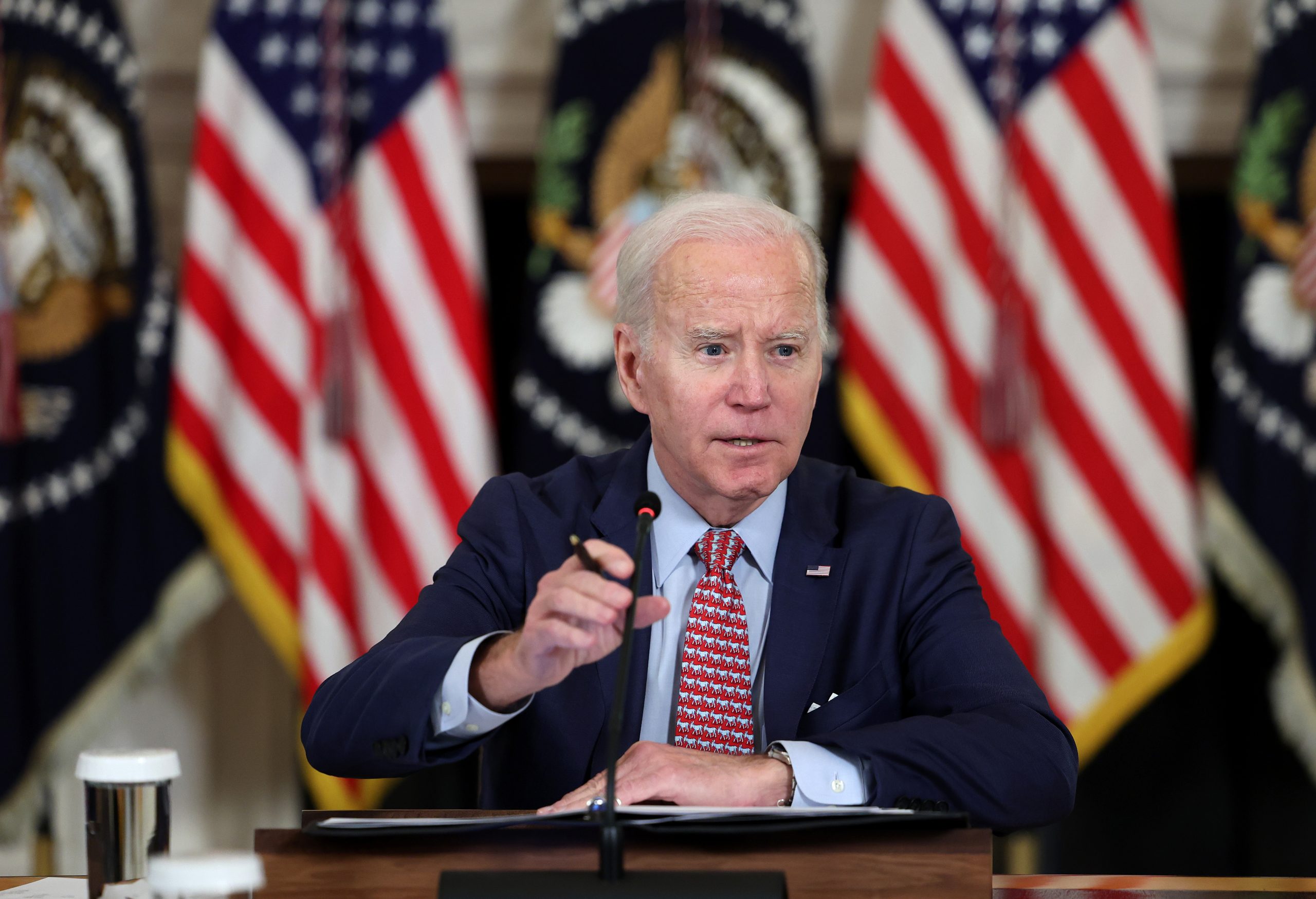President Biden’s decision to extend Obamacare subsidies to DACA recipients.
Financial Impact of Extending Obamacare to DACA Recipients Sparks Debate
The Congressional Budget Office (CBO) has forecasted that allowing DACA recipients to enroll in Obamacare will increase the federal deficit by $7 billion from 2025 to 2034. This follows President Biden’s decision to modify rules, making DACA recipients eligible for subsidized healthcare under Obamacare, according to the report of Daily Caller.
Previously, DACA recipients were ineligible for Obamacare subsidies due to their immigration status. Biden’s administration plans to change this by reinterpreting who qualifies as “lawfully present.” Critics are concerned about the financial impact of this policy shift, despite potential offsets from reduced emergency Medicaid spending.

(photo: Modern Healthcare)
Partisan Debate Erupts Over Extending Healthcare Benefits to DACA Recipients
The CBO report underscores possible savings from reduced emergency Medicaid expenditures but underscores a projected $7 billion rise in the federal deficit. The initiative, scheduled to commence on November 1, marks a substantial policy pivot aimed at better integrating DACA recipients into the U.S. healthcare framework.
Republican leaders have expressed doubts about the lasting fiscal viability of extending healthcare benefits to DACA recipients. This move has triggered partisan discourse mirroring wider debates on immigration policy, healthcare expenses, and fiscal prudence.

















































